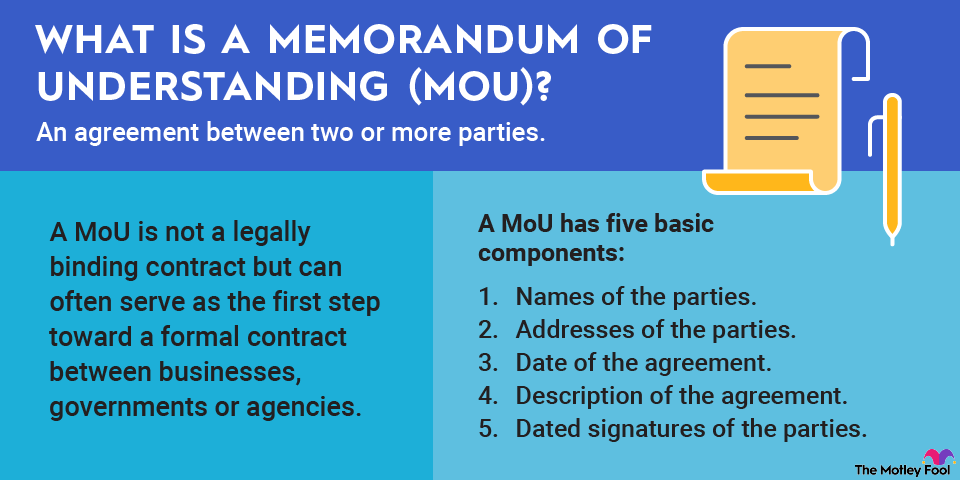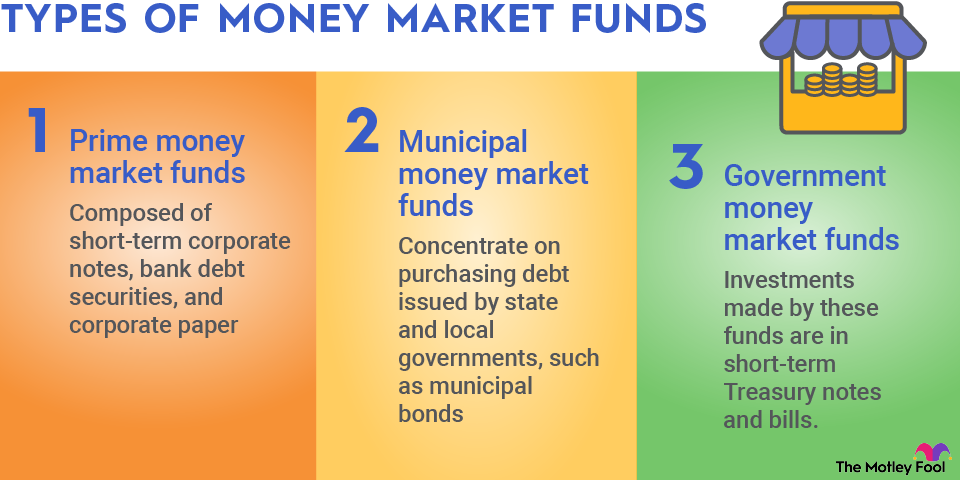When you hear the term "monopoly," you might think of the popular board game where you buy and trade real estate properties. But in the business world, the stakes are higher, and there's no friendly "Get Out of Jail Free" card.
In the real world, a monopoly refers to a market scenario where one single person or company controls the entire market for a particular product or service. But what does that really mean, and why does it matter?

Why should you care about monopolies?
Understanding a monopoly goes beyond just knowing that one company is ruling the roost. The presence of this peerless market dominator can have strong implications for the company's target market, potential customers, and aspiring rivals.
- Price control: With no competition to worry about, a monopolistic company can set prices as it pleases. The price tag is only limited by what people are willing to pay for a unique product or service. Your wallet might feel the pinch with no other options available.
- Limited choices: A lack of competition can lead to limited choices for consumers. Imagine a world with only one flavor of ice cream, one car model, or a single mobile phone. That doesn't sound fun at all, but the downside doesn't stop there. What if you're allergic to the monopolistic snack, can't fit your knees behind the wheel of that unchallenged car model, or can't afford the only smartphone in the store?
- Stifled innovation: A healthy choice between several high-quality providers is always better for the consumer. Competition often spurs innovation. Without it, a monopolistic company might get a little too comfortable on its throne, hindering innovation from possible challengers without moving its own innovations forward.
Monopolies can arise for various reasons, such as government regulation, ownership of a key resource, or technological superiority. The history of monopolies reveals a complex interplay of economics, politics, and law, painting a rich picture that goes beyond simple market dominance. Aspiring to a total monopoly is human nature, but so is the desire to disrupt and reform the monopolies around us.
Understanding monopolies
Awareness of monopolies can guide your choices as an investor or consumer.
Recognizing monopolistic trends might lead to investment opportunities. If you get in on the ground floor of a company preparing to dominate a specific market for many years to come, you may have found a fantastic investment at a low price. Just be cautious; issues such as lawsuits and regulatory changes can shake that monopolistic castle.
Understanding monopolies also helps consumers notice when a single company dominates the market, and it may affect their buying decisions. Forecasting the fickle consumer market's long-term trends is about as easy and reliable as projecting the weather with a dowsing rod, but it's nice when you get it right.
Remember, not all monopolies are bad or illegal. In some cases, what started as a monopoly can light the fires of innovation and competition in a brand-new market. Still, they require careful observation and regulation to ensure a fair playing field.
Related investing topics
The Mickey Mouse Monopoly: Intellectual property rights in action
Ironically, there are laws and regulations with the specific purpose of protecting monopolies for a limited time. That's why we have copyrights for original works of creative production, trademarks for uniquely valuable trade names or designs, and patents to protect the business use of inventions.
This protection is not absolute, and it comes with a time limit, but these intellectual property tools aim to give the inventor or creator control over the business value of their work for a while. These limited monopolies can be very important to a company and its investors.
For example, Walt Disney (DIS +1.48%) famously lobbied to extend copyright protection several times over the years, keeping the copyright of Mickey Mouse in the company's hands a bit longer.
The original Copyright Act of 1790 provided creators with "the sole right and liberty of printing, reprinting, publishing and vending" for 14 years after registration of the new work. The term length of this protection doubled to 28 years in 1909, 11 years before the Disney company existed.
But the House of Mouse sure made its voice heard in the Copyright Act of 1976, which refined the list of works covered by copyright protection and also gave creators the option to extend the terms by 28-year intervals to a maximum length of the author's lifespan plus 50 years.
The terms stretched one more time in the Copyright Term Extension Act of 1998, also known as the Sonny Bono Act or the Mickey Mouse Protection Act. Under this law, copyright protection lasts until 70 years after the original author's demise, assuming that the owner files for extension once every 28 years.
Disney fought tooth and nail to keep the rights to the Mickey Mouse character under its control as long as possible. The House of Mouse has taken full advantage of this control over the decades, to the point where the character and the company effectively are the same thing in the public eye.
That's one example of a creative monopoly protecting the business interest of a creative company. Imagine a world where Mickey Mouse slipped out of copyright protection in 1942 or 1976.


















